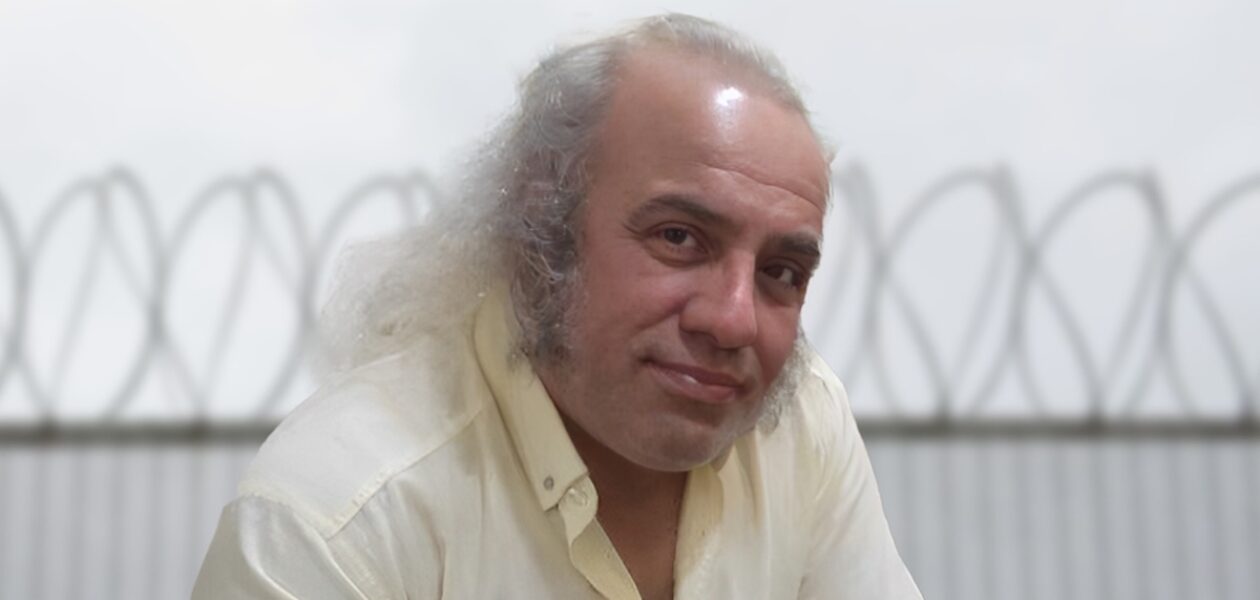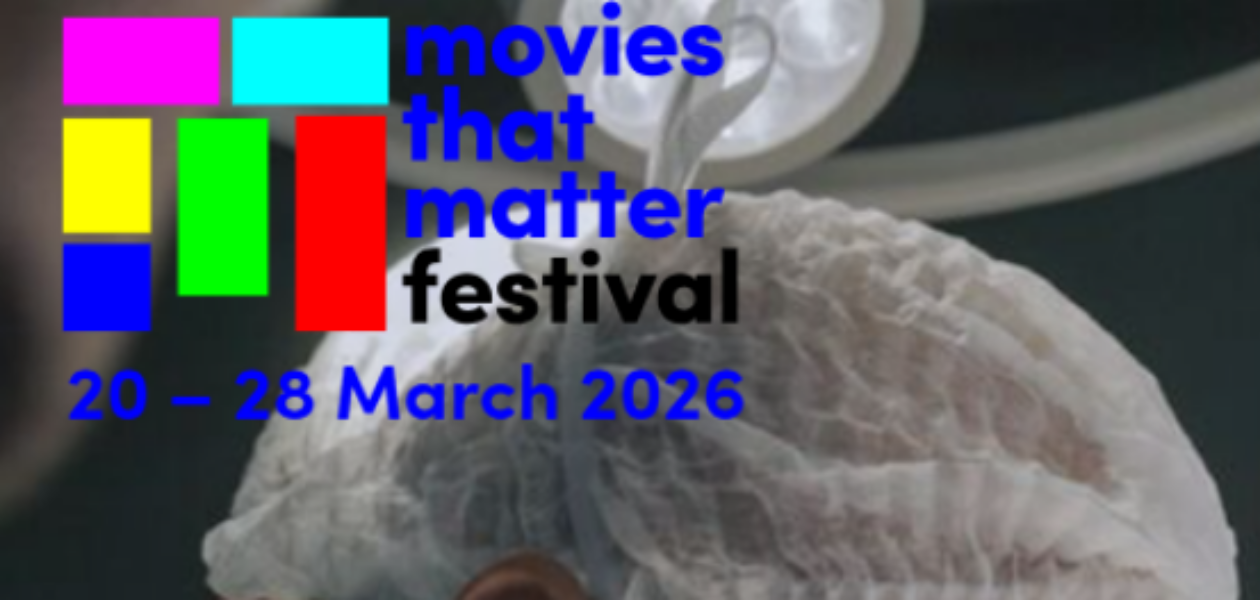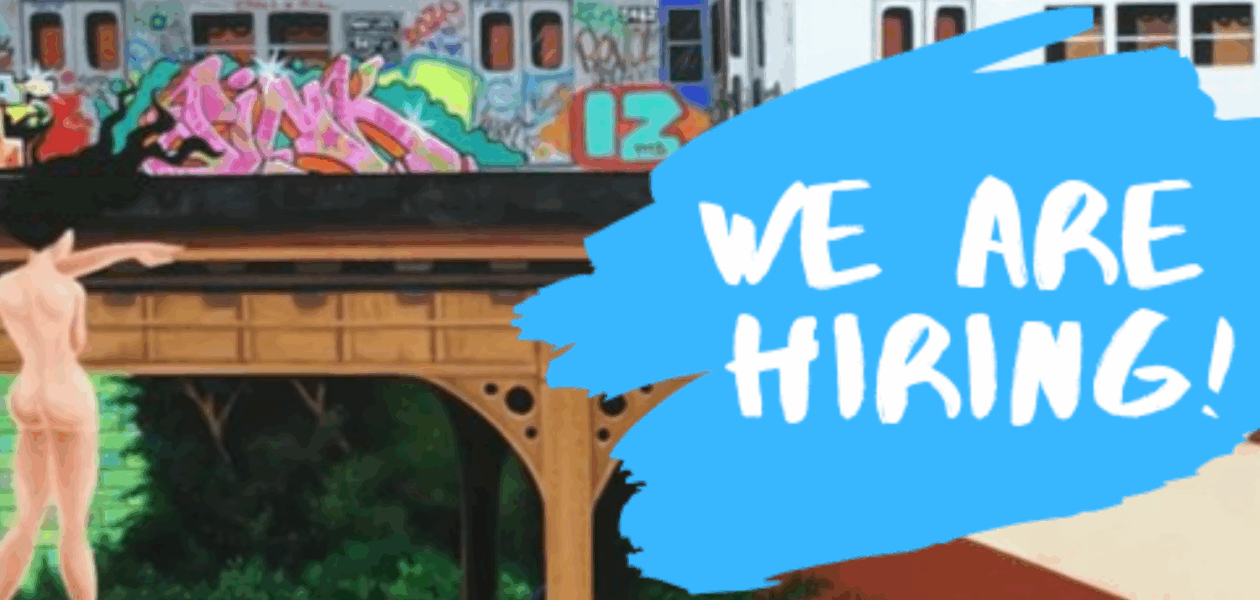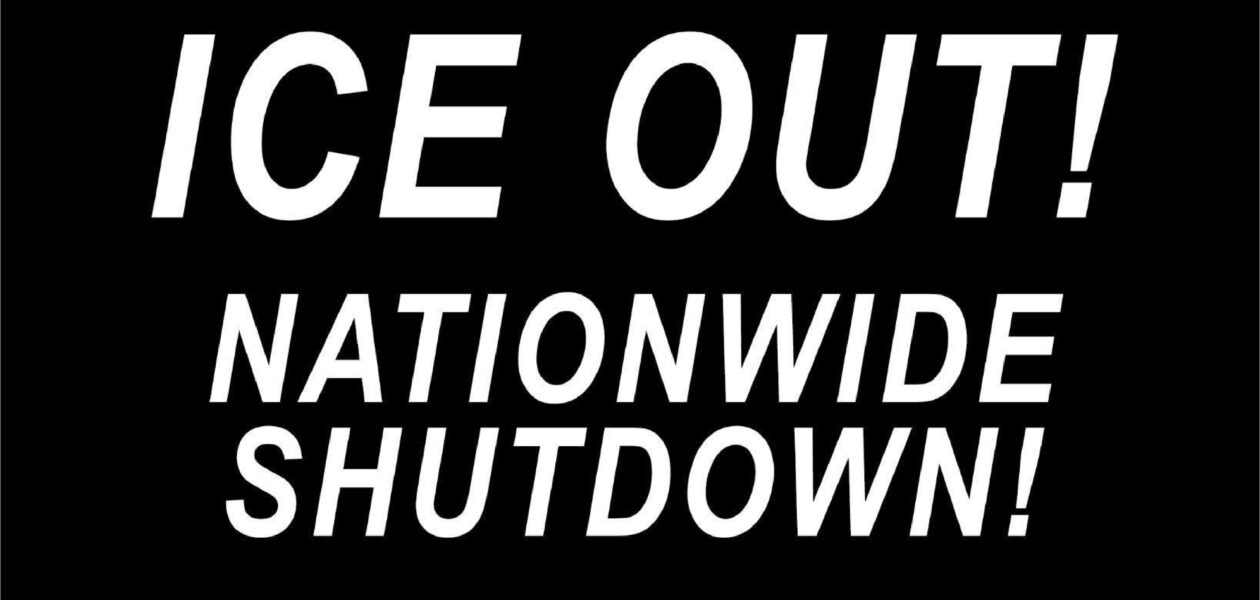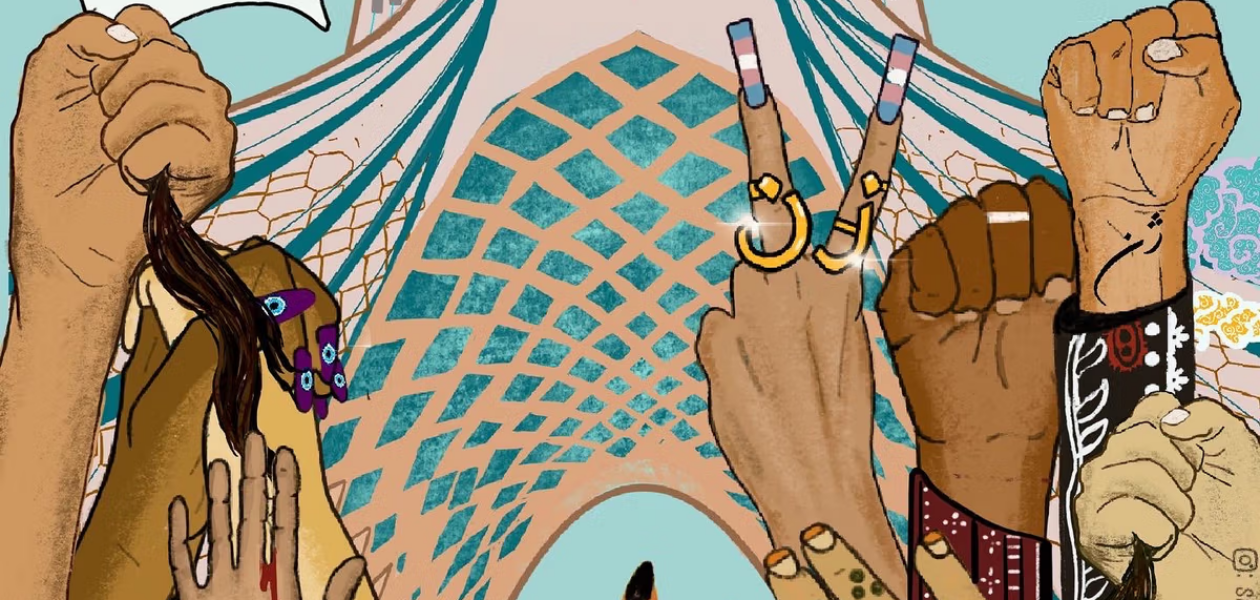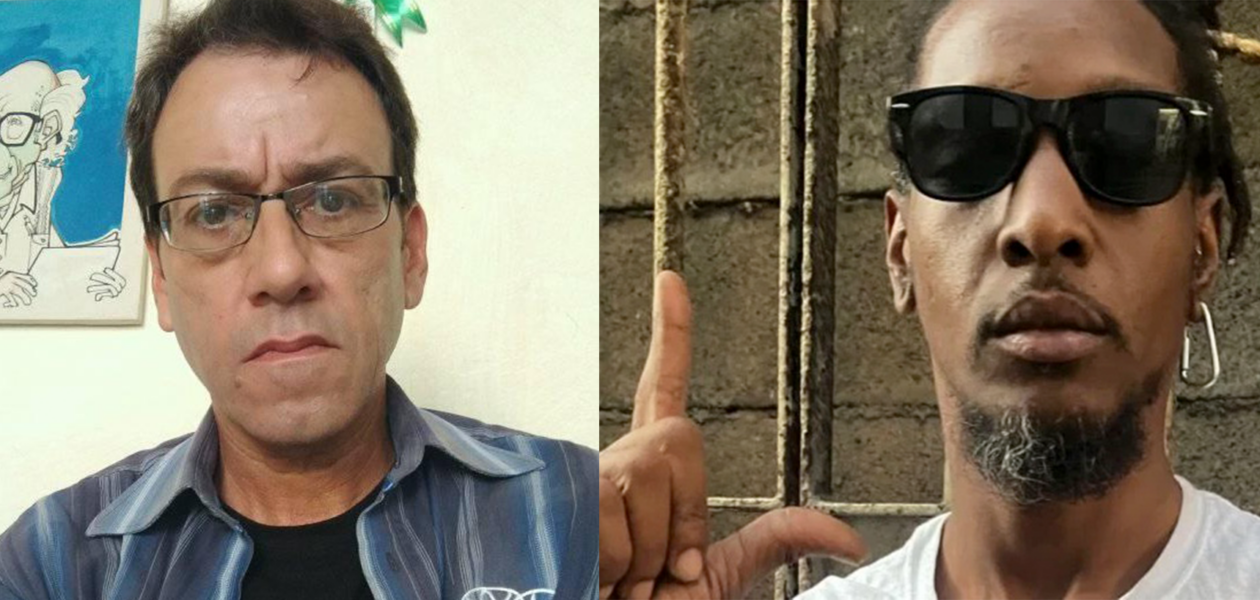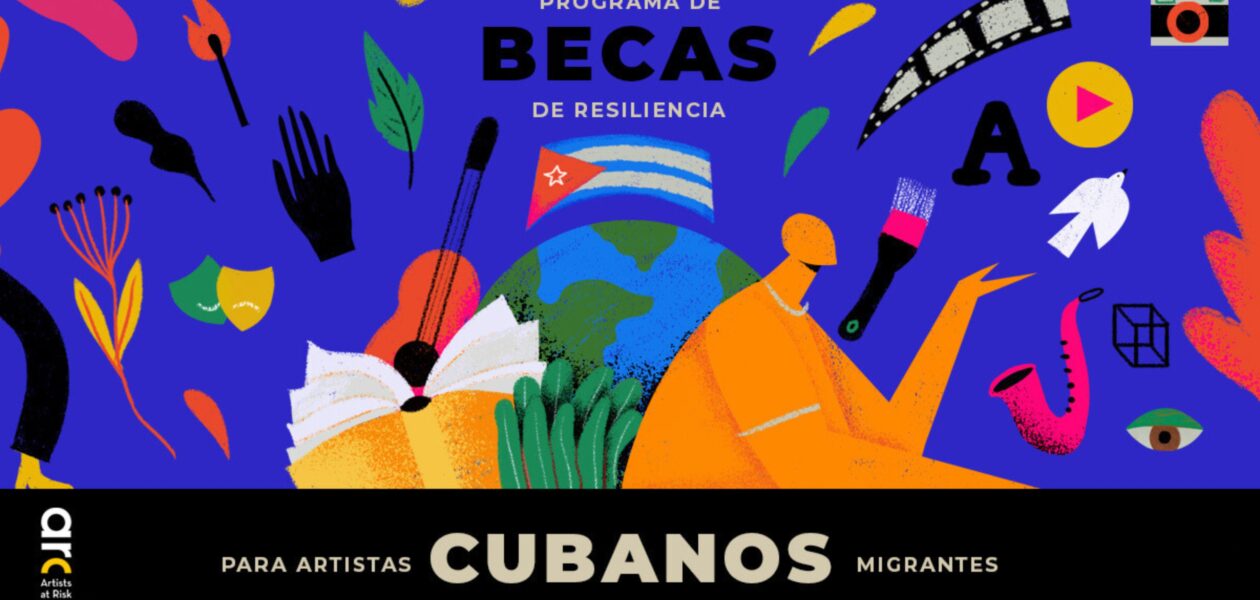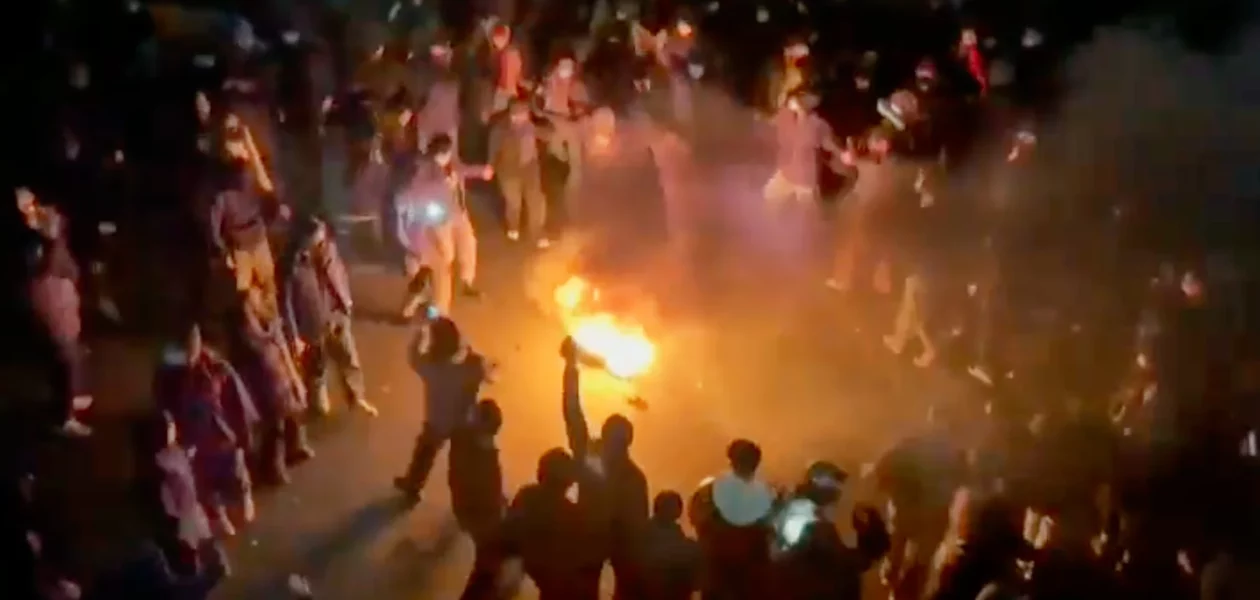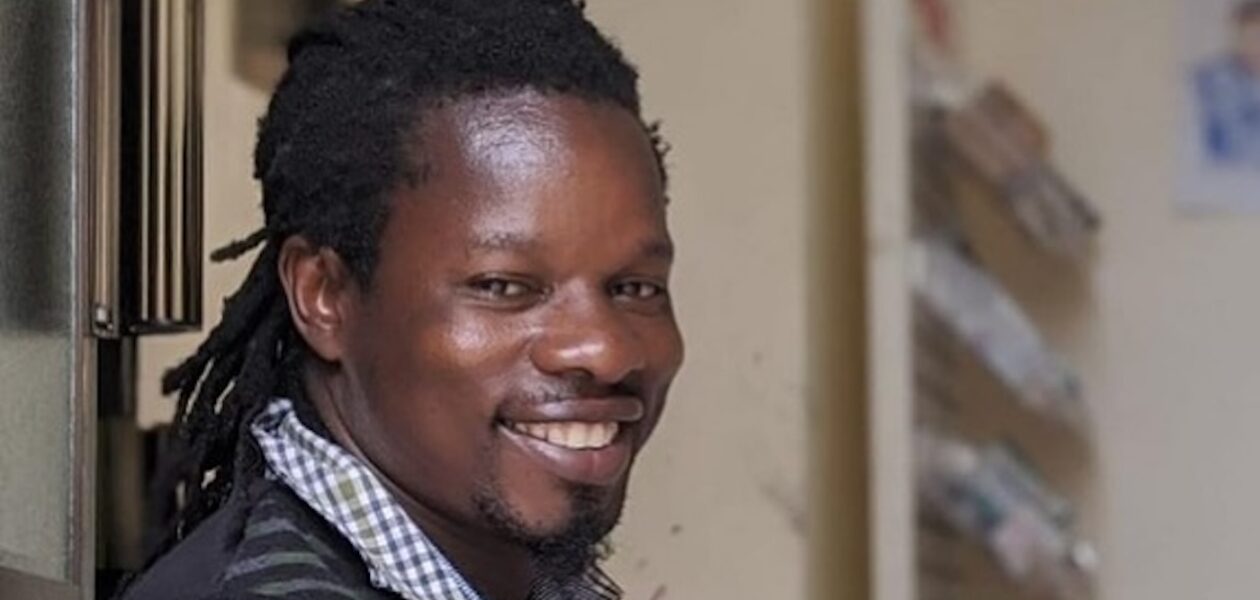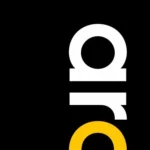What we do
Artists at Risk Connection (ARC) defends and advances the right to artistic freedom, providing practical resources and support to artists and cultural workers, so they can live and work safely, free from fear.
Protect
ARC provides direct assistance to at-risk artists and connects them with an international network of organizations and resources.
Advocate
ARC monitors, documents, and advocates for artists targeted for their creative expression, social justice efforts, or human rights work. ARC defends and promotes artistic freedom around the world.
Amplify
ARC raises awareness about the challenges facing artists and cultural workers, and leads global calls for safeguarding the right to artistic freedom through storytelling, campaigns, publications, podcasts, and events.
Featured news from ARC


Artist
stories
Stories of at-risk artists from all over the world who are committed to protecting their right to freedom of expression and using their art to fight for justice.
Afghanistan
Zahra Abrahimi

Vietnam
Mai Khoi

Chad
Taigué Ahmed

Hong Kong
Franki C.

Nigeria
DJ Switch

United States
Dread Scott

Where we work
We work wherever artists face danger or repression, collaborating with local and international partners to ensure that no creative voice is silenced, regardless of geography or circumstances.
Africa

Latin America & The Caribbean

Asia & The Pacific

Middle East & North Africa
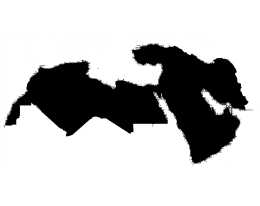
Europe

North America

INSTAGRAM FEED
When artists challenge power, censorship often follows.
Black artists have long shaped culture while confronting repression in the United States. From Nina Simone to @dreadscottart of @falloffreedom the Black radical tradition of art continues.
As we close #BlackHistoryMonth, we recognize artists who continue to create despite silencing, erasure, and both new and longstanding forms of political pressure.
ARC protects and amplifies artists facing risk in the U.S. and globally. The upcoming results of our recent U.S. artist survey will further document the realities many are navigating today.
Art is power. And that’s exactly why it’s targeted.
Learn more. Stay informed. Support artists.
Read more in the link in bio
Sources: New York Public Library, Giphy, NFL, Dread Scott, Interview with Dread Scott from ARC and ATLT’s 2024 Dangerous Art, Endangered Artists Summit News Articles from: Artnet, ACLU, PEN America, Chicao Sun Times
#ArtAgainstOppression #ArtistsAtRiskConnection #ProtectArtists #FreedomOfExpression #CulturalResistance #ArtIsPower

When artists challenge power, censorship often follows.
Black artists have long shaped culture while confronting repression in the United States. From Nina Simone to @dreadscottart of @falloffreedom the Black radical tradition of art continues.
As we close #BlackHistoryMonth, we recognize artists who continue to create despite silencing, erasure, and both new and longstanding forms of political pressure.
ARC protects and amplifies artists facing risk in the U.S. and globally. The upcoming results of our recent U.S. artist survey will further document the realities many are navigating today.
Art is power. And that’s exactly why it’s targeted.
Learn more. Stay informed. Support artists.
Read more in the link in bio
Sources: New York Public Library, Giphy, NFL, Dread Scott, Interview with Dread Scott from ARC and ATLT’s 2024 Dangerous Art, Endangered Artists Summit News Articles from: Artnet, ACLU, PEN America, Chicao Sun Times
#ArtAgainstOppression #ArtistsAtRiskConnection #ProtectArtists #FreedomOfExpression #CulturalResistance #ArtIsPower
🚨🇮🇷Release Ailing Iranian Calligrapher Sadegh Mansouri
Iranian calligrapher and teacher Sadegh Mansouri is reportedly in critical condition after being denied medical care in detention.
He was detained after attending a memorial for Kurdish lawyer Khosrow Alikordi, who died in custody under suspicious circumstances. Despite posting bail, he remains imprisoned.
Denying medical care to a detained artist is cruel and unlawful.
ARC calls for immediate medical treatment and his release without delay.
We stand in solidarity with artists across Iran facing repression.
Read the full statement at the link in bio.
#Iran
#FreeSadeghMansouri
#ArtistsUnderThreat
#HumanRights

🚨🇮🇷Release Ailing Iranian Calligrapher Sadegh Mansouri
Iranian calligrapher and teacher Sadegh Mansouri is reportedly in critical condition after being denied medical care in detention.
He was detained after attending a memorial for Kurdish lawyer Khosrow Alikordi, who died in custody under suspicious circumstances. Despite posting bail, he remains imprisoned.
Denying medical care to a detained artist is cruel and unlawful.
ARC calls for immediate medical treatment and his release without delay.
We stand in solidarity with artists across Iran facing repression.
Read the full statement at the link in bio.
#Iran
#FreeSadeghMansouri
#ArtistsUnderThreat
#HumanRights
Four years since the full-scale invasion of Ukraine.
The war continues. So does Ukrainian art.
For many artists, this war is fought not only on the battlefield but through language, memory, and culture. Studios have become shelters. Murals rise beside rubble. Sculptures are shaped in the dark.
Earlier in the war, ARC supported artists through Emergency and Resilience grants. Together with @moca.ngo and @ukrainian_institute , we also created a practical safety guide to help artists navigate the war.
Read and share: Navigating the War as Artists in Ukraine
Link in bio
Keep watching. Keep listening. Keep sharing their work.
Do not look away.
Support @astian_rey (slide 7) by checking out his work, upcoming exhibition & music.
Support @vitaliy_gide1 (slide 8) by checking out his work.
#ArtAgainstOppression #ArtistsUnderThreat #CreativeFreedom #SupportArtists #Ukraine #UkrainianArt #SupportUkrainianArtists #CreativeResistance #UkrainianCulture

Four years since the full-scale invasion of Ukraine.
The war continues. So does Ukrainian art.
For many artists, this war is fought not only on the battlefield but through language, memory, and culture. Studios have become shelters. Murals rise beside rubble. Sculptures are shaped in the dark.
Earlier in the war, ARC supported artists through Emergency and Resilience grants. Together with @moca.ngo and @ukrainian_institute , we also created a practical safety guide to help artists navigate the war.
Read and share: Navigating the War as Artists in Ukraine
Link in bio
Keep watching. Keep listening. Keep sharing their work.
Do not look away.
Support @astian_rey (slide 7) by checking out his work, upcoming exhibition & music.
Support @vitaliy_gide1 (slide 8) by checking out his work.
#ArtAgainstOppression #ArtistsUnderThreat #CreativeFreedom #SupportArtists #Ukraine #UkrainianArt #SupportUkrainianArtists #CreativeResistance #UkrainianCulture
ARC highlights "Defending Each Other in the USA" — a collective call to action which distills key ideas shared during the ArtsLink Assembly 2025 at La MaMa (@lamamaetc) in NYC.
Written by Mary Ann DeVlieg, the whitepaper calls on artists, cultural organizations, funders, and civil society to respond strategically and collectively to the urgent challenges facing the cultural field.
Co-commissioned by On the Move (@otm.network) and CEC ArtsLink (@cec_artslink)
📄 Read the paper: https://www.cecartslink.org/defending-each-other-in-the-usa/
Learn more about ARC`s participation in the 2025 Assembly: https://artistsatriskconnection.org/event/arc-cec-artslink/

ARC highlights "Defending Each Other in the USA" — a collective call to action which distills key ideas shared during the ArtsLink Assembly 2025 at La MaMa (@lamamaetc) in NYC.
Written by Mary Ann DeVlieg, the whitepaper calls on artists, cultural organizations, funders, and civil society to respond strategically and collectively to the urgent challenges facing the cultural field.
Co-commissioned by On the Move (@otm.network) and CEC ArtsLink (@cec_artslink)
📄 Read the paper: https://www.cecartslink.org/defending-each-other-in-the-usa/
Learn more about ARC`s participation in the 2025 Assembly: https://artistsatriskconnection.org/event/arc-cec-artslink/
“I, as a female Iranian poet, see myself as a fighter whose weapons are words.” — Mahtab Yaghma (@mahtab.yaghma)
Mahtab Yaghma is an Iranian poet whose writing centers women’s experiences while drawing on classical Persian literary traditions. Through poetry and digital activism, she challenges injustice and amplifies calls for human rights in Iran.
Because of her art and advocacy, Mahtab was forced into exile in 2020. Now working between displacement and deep ties to home, she continues to use her words as tools of resistance.
Read her story: https://artistsatriskconnection.org/artist-voice/mahtab-yaghma/
Image courtesy of the artist.
#MahtabYaghma #ArtistSpotlight #Iran

“I, as a female Iranian poet, see myself as a fighter whose weapons are words.” — Mahtab Yaghma (@mahtab.yaghma)
Mahtab Yaghma is an Iranian poet whose writing centers women’s experiences while drawing on classical Persian literary traditions. Through poetry and digital activism, she challenges injustice and amplifies calls for human rights in Iran.
Because of her art and advocacy, Mahtab was forced into exile in 2020. Now working between displacement and deep ties to home, she continues to use her words as tools of resistance.
Read her story: https://artistsatriskconnection.org/artist-voice/mahtab-yaghma/
Image courtesy of the artist.
#MahtabYaghma #ArtistSpotlight #Iran
NEXT WEEK, ARC will lead session at the 114th College Art Association (CAA) Conference in Chicago, titled “Art in Precarious Times: Mapping Threats, Increasing Preparedness, and Improving Safety for Artists and Cultural Workers in the United States.”
📍The session will take place on Wednesday, 19 February 2026, from 2:30 pm to 4:00 pm.
With artistic freedom increasingly contested and the pressures facing cultural workers intensifying, this conference provides a vital forum to examine not only how art responds to crisis, but how artists themselves are supported, protected, and sustained.
Learn more and register: https://artistsatriskconnection.org/event/arc-caa-114-2026/
@caavisual

NEXT WEEK, ARC will lead session at the 114th College Art Association (CAA) Conference in Chicago, titled “Art in Precarious Times: Mapping Threats, Increasing Preparedness, and Improving Safety for Artists and Cultural Workers in the United States.”
📍The session will take place on Wednesday, 19 February 2026, from 2:30 pm to 4:00 pm.
With artistic freedom increasingly contested and the pressures facing cultural workers intensifying, this conference provides a vital forum to examine not only how art responds to crisis, but how artists themselves are supported, protected, and sustained.
Learn more and register: https://artistsatriskconnection.org/event/arc-caa-114-2026/
@caavisual
Last week, ARC attended the Cultural Deal for Europe: Annual Policy Conversation 2026 at Bozar – Centre for Fine Arts.
We were grateful to be part of this important dialogue bringing together EU policymakers and leaders from the culture, cultural heritage, and civil society sectors at a pivotal moment for Europe.
As discussions turned to the EU’s next long-term budget, the conversation reaffirmed why art, culture, and the protection of cultural heritage are essential to a strong, democratic civil society.
@bozarbrussels @culture_action_europe @europeanculturalfoundation @europanostraeu
#ArtForJustice #CultureMatters #CulturalPolicy #CivilSociety

Last week, ARC attended the Cultural Deal for Europe: Annual Policy Conversation 2026 at Bozar – Centre for Fine Arts.
We were grateful to be part of this important dialogue bringing together EU policymakers and leaders from the culture, cultural heritage, and civil society sectors at a pivotal moment for Europe.
As discussions turned to the EU’s next long-term budget, the conversation reaffirmed why art, culture, and the protection of cultural heritage are essential to a strong, democratic civil society.
@bozarbrussels @culture_action_europe @europeanculturalfoundation @europanostraeu
#ArtForJustice #CultureMatters #CulturalPolicy #CivilSociety
📣 ARC is hiring!
We’re looking for an Artist Protection Consultant to support artists and cultural workers at risk worldwide.
This role focuses on:
✨ Protection case support
✨ Emergency and resilience grant coordination
✨ Research on threats to artistic freedom
✨ Advocacy and documentation support
📍 Remote | Independent consultancy
🗓 Application deadline: February 16, 2026
🔗 Learn more and apply
artistsatriskconnection.org/arc-news/artist-protection-consultancy/
#ARC #ArtistProtection #WeAreHiring #Consultancy

📣 ARC is hiring!
We’re looking for an Artist Protection Consultant to support artists and cultural workers at risk worldwide.
This role focuses on:
✨ Protection case support
✨ Emergency and resilience grant coordination
✨ Research on threats to artistic freedom
✨ Advocacy and documentation support
📍 Remote | Independent consultancy
🗓 Application deadline: February 16, 2026
🔗 Learn more and apply
artistsatriskconnection.org/arc-news/artist-protection-consultancy/
#ARC #ArtistProtection #WeAreHiring #Consultancy
Want to see more?
Follow us on socials
Want to support artists at risk?
We rely on your donations.
Subscribe to ARC’s newsletter
Subscribe to ARC’s quarterly newsletter and e-blasts for the lastest updates on artistic freedom.







